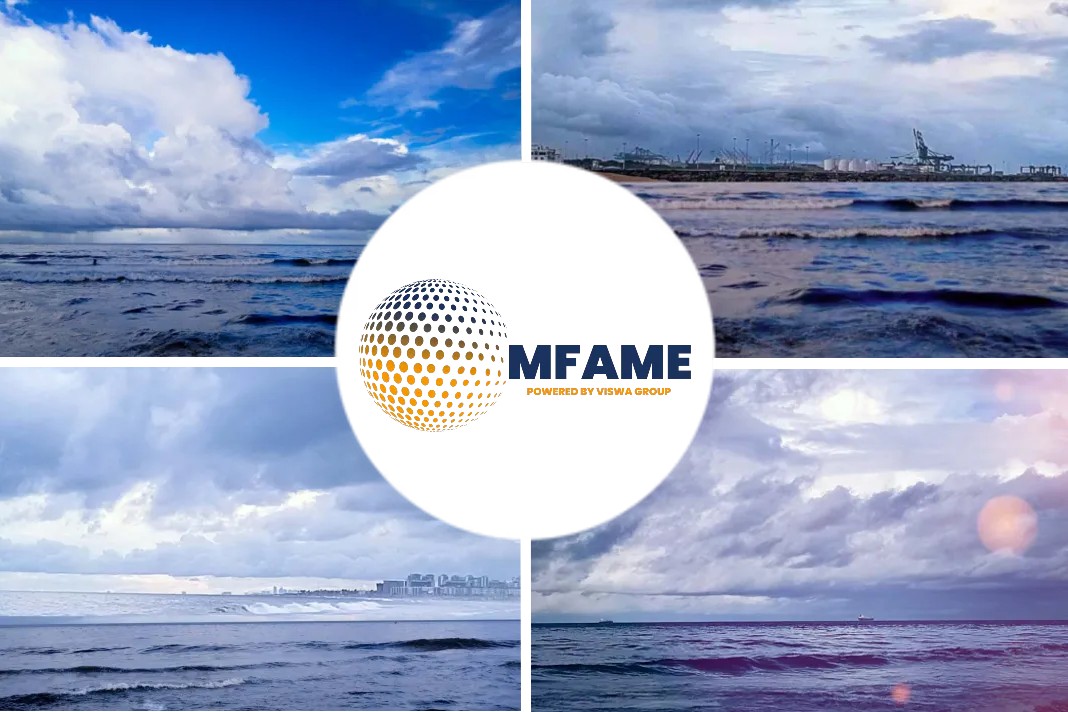
- Singapore has not banned the importation of Russian oil or petroleum products.
- Russian crude oil and fuel flows to Asia and the Middle East have surged since Moscow’s war in Ukraine prompted Western buyers to turn away in retaliation.
- Ship tracking data by Vortexa Ltd showed that Singapore oil-receiving terminals took in more than double the volume of Russian naphtha and fuel oil last month.
Demand is soaring for oil storage tanks in Singapore, a sign that a flood of Russian fuel is being blended and re-exported globally, reported by Taipei Times.
Cheap Russian oil mixing
Tank space in the city-state is being snapped up due to a rise in interest and profits from mixing cheap fuel supplies from Russia with shipments from other sources, an executive from a tank operator and a consultant who advises traders on the matter said.
That process can help obscure the cargo’s origins, they said.
Singapore has not banned the importation of Russian oil or petroleum products, although financial institutions based in the city-state are prohibited from financing or dealing with Russian goods and companies.
Oil ban
Singaporean government agencies referred to past statements on the ban and price cap policy, without additional comments.
Still, the handling and trading of Russian fuel remains a sensitive issue in the region, with some buyers not wanting to be seen purchasing the cargo.
Redistribution
Russian crude oil and fuel flows to Asia and the Middle East have surged since Moscow’s war in Ukraine prompted Western buyers to turn away in retaliation.
Such shipments have increasingly made their way to blending and redistribution hubs like Singapore and Fujairah in the United Arab Emirates, where they can be co-mingled, repackaged and re-exported globally.
This trend of more Russia-to-Asia shipments and the growing role of hubs in their redistribution might further intensify in the coming weeks, as Europe prepares to roll out new sanctions on Russian petroleum products on Feb. 5.
Oil market participants are keenly watching to see where Russian fuels such as gasoline, naphtha and fuel oil will find homes as many Asian nations are not taking a hard stance on sanctions.
Short-term storage
“We have observed an increase in the number of inquiries of short-term storage in the period leading up to December,” a spokesperson for oil storage firm Advario Asia Pacific Pte said via email.
The company verifies the source of products to ensure compliance with Russian sanctions before accepting them, the person added.
A spokesperson for Singapore-based Jurong Port Universal Terminal Pte declined to comment on specific product movements, but said the company complies with all applicable sanctions.
Among other storage firms, Horizon Singapore Terminals Pte did not respond to Bloomberg queries, while a spokesperson for Royal Vopak NV declined to comment.
Advario, Jurong Port, Horizon and Royal Vopak operate commercial tanks in Singapore. A six-month lease for Singapore fuel oil or crude oil storage rose by as much as 20 percent in costs over the course of last year, said executives from tank operator firms.
Ship tracking data by Vortexa Ltd showed that Singapore oil-receiving terminals took in more than double the volume of Russian naphtha and fuel oil last month as compared to a year ago.
Singapore received 2.6 million barrels of naphtha, nearly 40 times the volume taken a year earlier.
Did you subscribe to our Newsletter?
It’s Free! Click here to Subscribe.
Source: Taipei Times




















